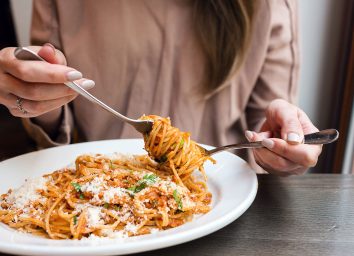6 Weight Loss Tips That Ruin Your Diet
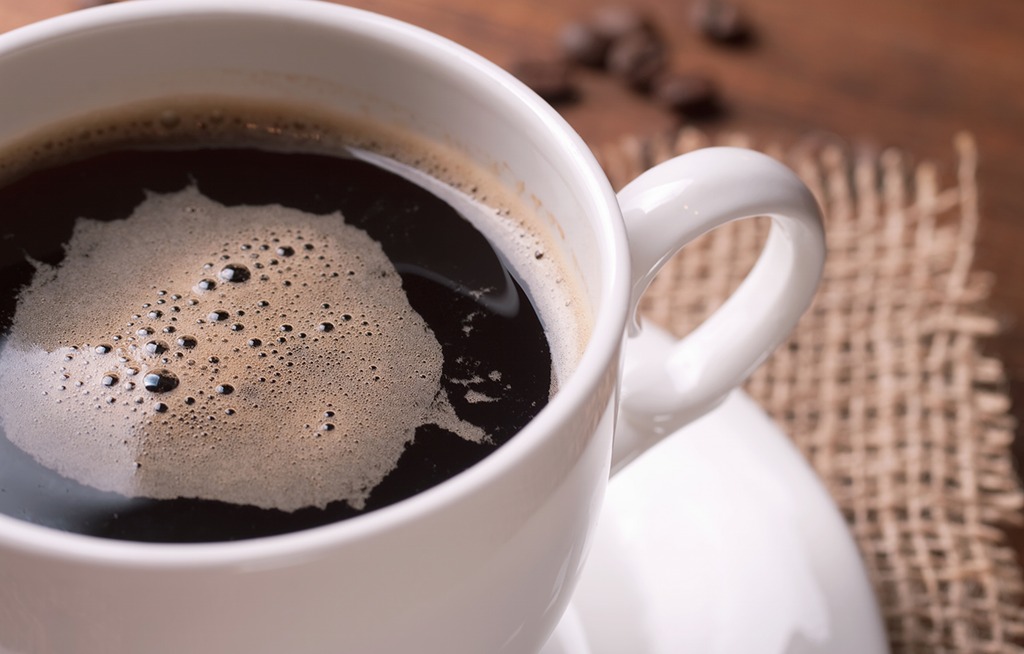
So, you want to lose weight rapidly. What's your game plan?
If you're like most people, you probably turn to friends, family or even social media to see what's working for people and then simply follow their lead. Don't do that. While going gluten-free or jumping on the juice-cleanse bandwagon may have helped a friend trim down, following in their footsteps won't necessarily be effective for you—or them—in the long run.
To ensure you don't fall victim to weight-loss misinformation, we've separated the facts from fiction. Read on to learn which all-to-common weight-loss tips can derail your diet and trim-down efforts.
Diet-Derailing Tip #1: Go Gluten-Free to Lose Weight
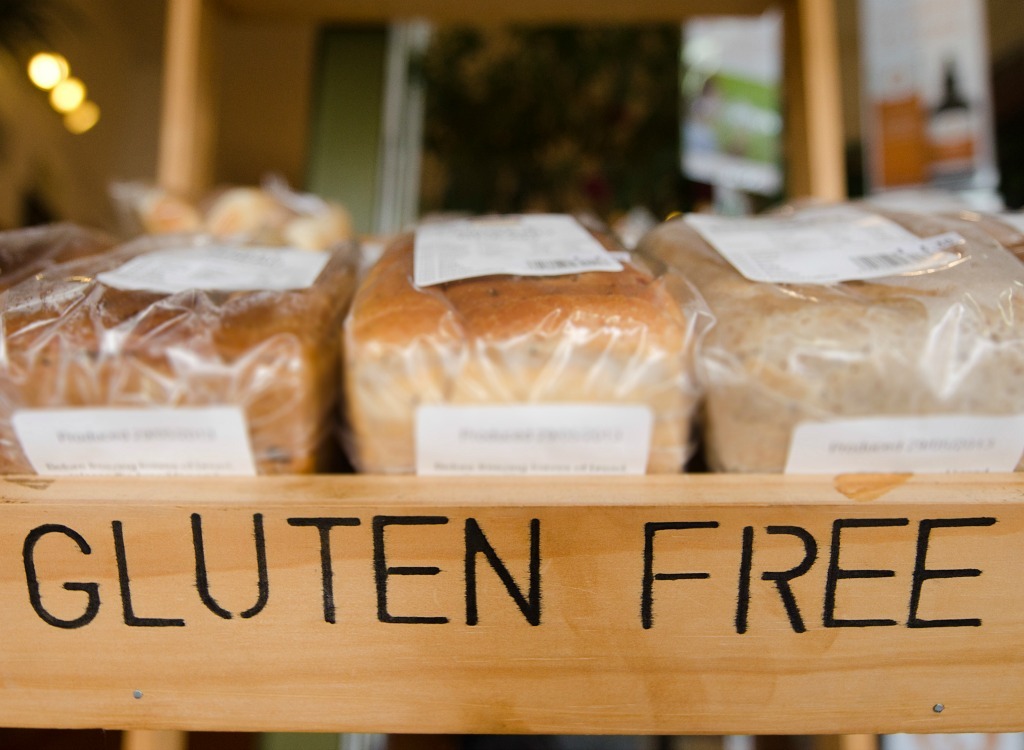
In a recent poll of 1,000 participants, 63 percent thought a gluten-free diet would improve their physical health. But unless you're suffering from Celiac's disease, this simply isn't true. Gluten-free dieters typically cut out fiber-rich whole grains and other grain-based products enriched with folate. And when a diet lacks fiber and folate, it not only raises the risk of weight gain, but also ups the risk for diabetes and heart disease. It can also leave you feeling lethargic, which makes it difficult to give it your all at the gym and stay active (read: burn calories) throughout the day. Not to mention, just because something is gluten-free doesn't mean it's calorie-free. In fact, ETNT experts have previously noted that gluten-free products tend to be higher in sugar and fat than their traditional counterparts.
Still interested in ditching gluten? Be smart about it. Instead of turning to products that have had the gluten removed (like gluten-free cake), rely on foods that are naturally free of the nutrient like spinach, strawberries, broccoli, lentils, beans, quinoa and amaranth, which are all rich in folate and fiber, too. Jonesing for something sweet? Look for naturally gluten-free desserts like fruit and dark chocolate and enjoy it in moderation.
Diet-Derailing Tip #2: Do a Juice Cleanse to Trim Down for Good
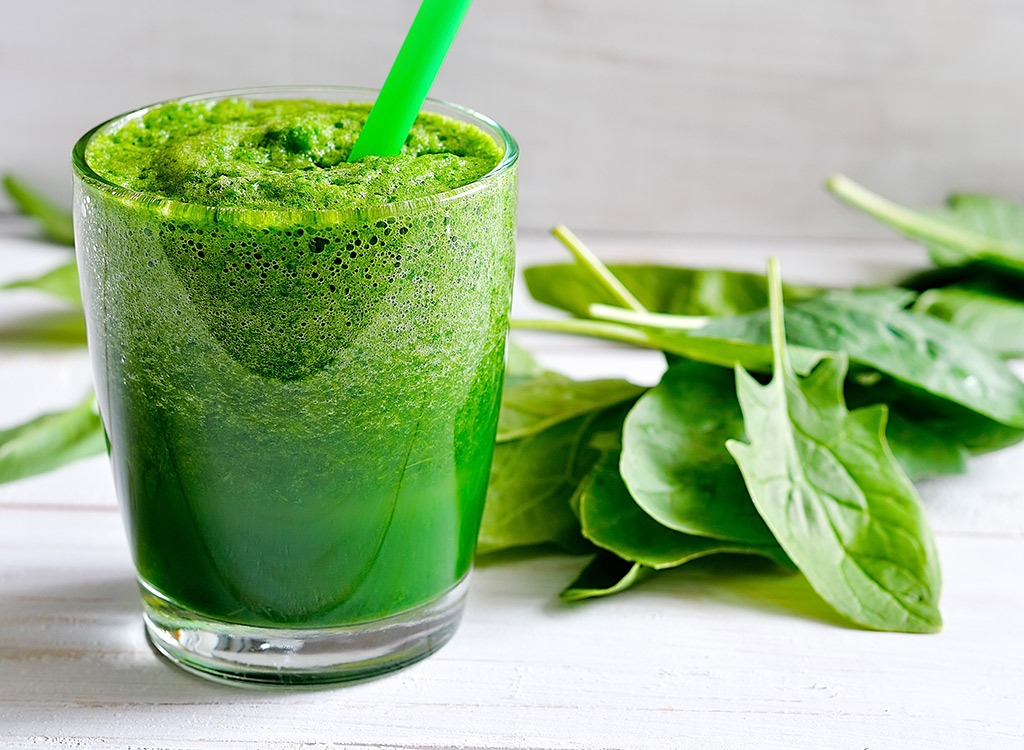
If you have a special event coming up or if you recently fell off the healthy-diet bandwagon, a juice cleanse may seem like the perfect way to reset your diet and trim down in a hurry. We have some bad news: An all-or-nothing approach to weight loss will ultimately fail—sorry! Most people on liquid cleanses feel tired and hungry, which ultimately leads to overeating and weight gain.
Want to do a juice cleanse anyways? Do a two-day 1,200- to 1,500-calorie mini cleanse instead of a full-blown week-long liquid diet. Replace breakfast and lunch with a fresh-pressed vegetable juice (we like daily greens), flat-belly smoothie or shake made with vegan protein powder. To keep keep insulin levels steady and ward off hunger, look for sips that have less than 10 grams of sugar. For dinner, eat a healthy combination of whole grains, vegetables and lean protein. You'll likely feel a bit lighter on your feet after the two days are up, which can help you feel more motivated to stick to a long-term healthy eating program. Need some diet-friendly recipe ideas? Check out our 10-Minute Meals for 6-Pack Abs.
Diet-Derailing Tip #3: Smoking Can Keep You Trim

Many people start smoking because they believe it will help them lose weight quickly, and many current smokers cite fear of weight gain as the primary reason they don't want to quit. Sound like you? Well, as it turns out, heavy smokers—defined as more than 25 cigarettes a day—are more apt to be overweight or obese than people who smoke fewer cigarettes or don't smoke at all. Wondering why? Smoking can increase insulin resistance and cause fat to be stored around the middle. As for your concern about gaining weight if you quit, it can actually have the opposite effect, according to research presented at the 2014 meeting of the Endocrine Society in San Diego. They found that although ex-smokers gain a bit of tummy chub during the initial eight weeks of their new, smoke-free life, they actually lose weight and belly fat in the long run—likely because they have less nicotine and carbon monoxide in their system.
Still concerned about putting on flab? Remember, nixing your cigarette habit will not only help you live longer, but also make you feel better and lighter—you've just gotta make it past the first eight weeks. If you're still not sold, talk to your physician about nicotine replacement therapy. Slowly weaning off the stimulant may help ward off some the initial weight gain, which can make the process of losing those few extra pounds less overwhelming.
Diet-Derailing Tip #4: Caffeinate to Boost Metabolism and Lose Weight
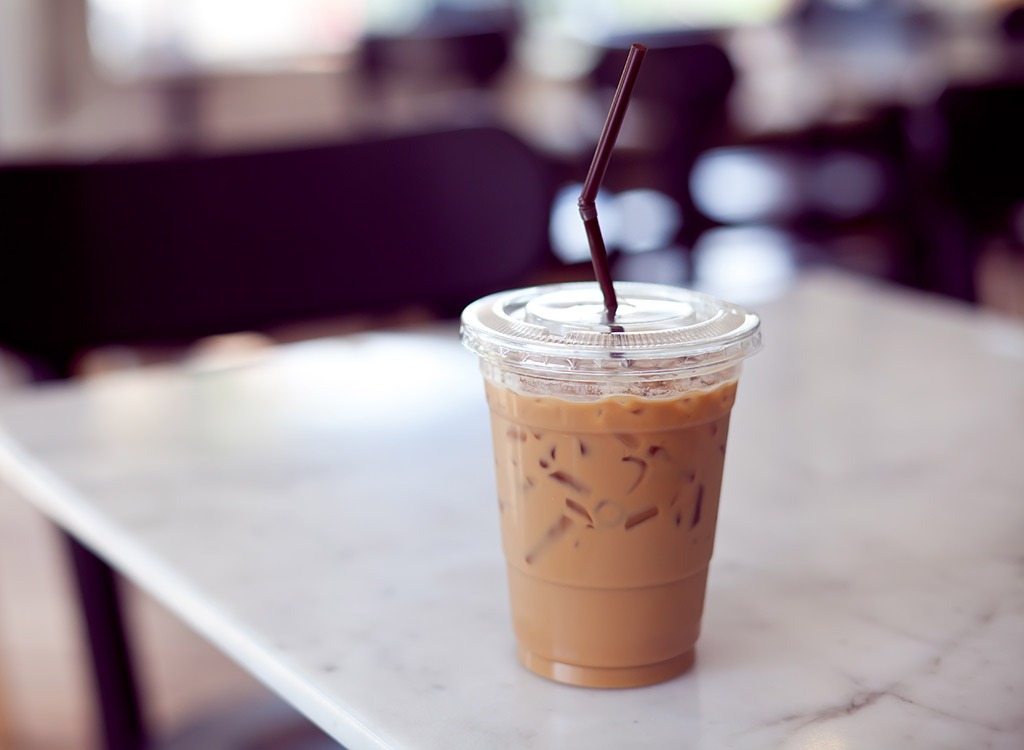
While it's true that a bit of caffeine can help rev your metabolism, especially when ingested before exercise, too much of the stuff can have the opposite effect. A research team in Washington found that downing more than five cups of brew a day increased participant's visceral belly fat by a whopping 50 percent. Other researchers have found that consuming too much chlorogenic acid—a compound found in coffee—can prevent fat loss and lead to insulin resistance. Not to mention, no caffeine-induced metabolic boost can burn off a poor, fat-laden diet or the excess calories in fancy coffee and energy drinks.
Can't shake your caffeine habit? We totally get it—and you don't have to. Cut yourself off at three cups of caffeine daily and be sure to drink plenty of the new miracle weight loss drink: water. After drinking just two cups of water, research participants' metabolic rates increased by 30 percent, according to a Journal of Clinical Endocrinology and Metabolism study. Those researchers estimate that increasing water intake by about 6 cups can burn an extra 17,400 calories over the course of the year—which translates to five pounds!
Diet-Derailing Tip #5: Eat Tons of Protein Post-Workout to Lose Weight
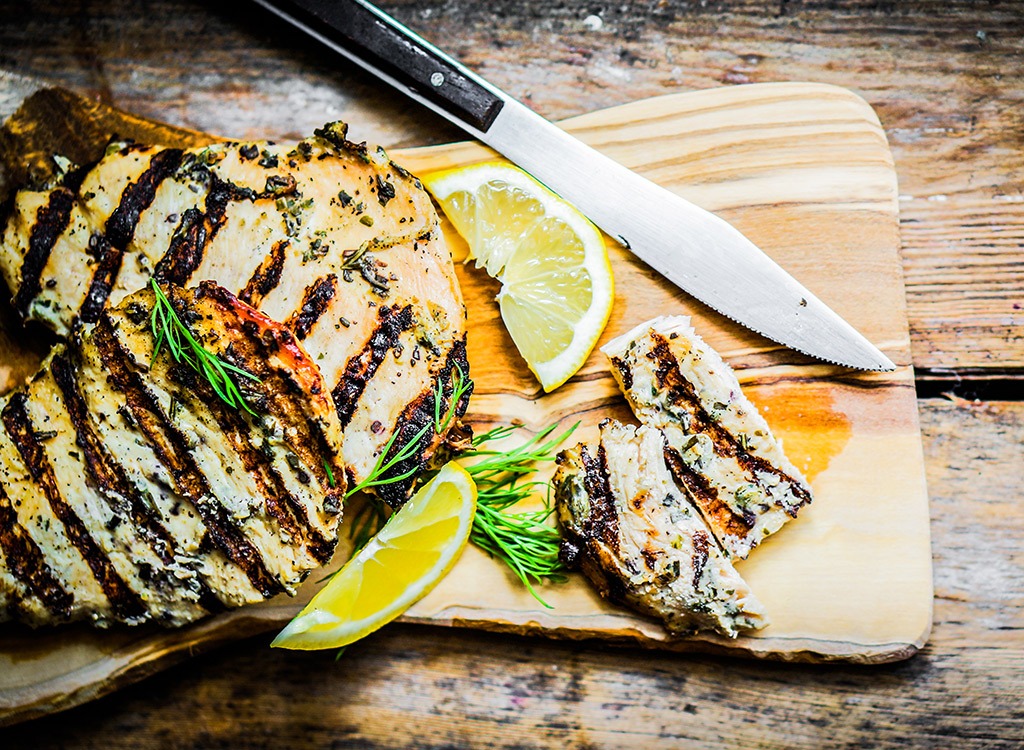
You know that consuming protein after your workout aids muscle repair and growth, so the more of it you eat, the better–right? Not the case. Researchers say that for those who weigh about 150 pounds, consuming 20 grams of protein within a half hour of leaving the gym is optimal. Lisa De Fazio, MS, RD says women who weigh a bit less may only need about 12 grams. Take in anymore than the recommended amount and the protein will likely be stored as fat, while the excess amino acids will be excreted.
Learn more about the Best Recovery Fuel for Every Workout here.
Can't imagine cutting back on protein after your sweat session? Reallocate your daily protein intake so you're not eating as much of the nutrient during other times of the day. Although this isn't ideal, it's necessary if you insist of loading up on post-pump protein and you don't want to gain weight. Men should aim for a total of 56 grams of the nutrient a day, while ladies only need about 46 grams.
Diet Derailing Tip #6: Ditch Meat to Trim Down
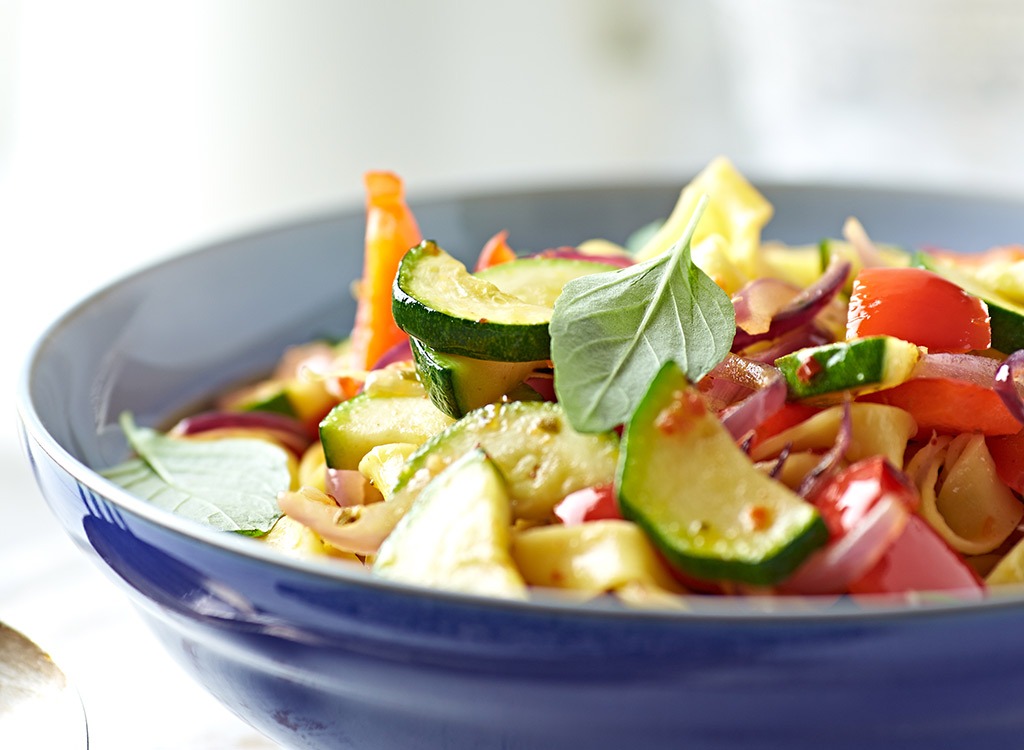
To lose weight you need to cut back on calories, and nixing meat doesn't ensure that will happen. In fact, while many of the vegetarians you know may be fit and slim, newbies sometimes gain weight because they are unaware of the hidden calories in meat-free go-tos like cheese and pasta. Yikes! Plus, without careful planning cutting out meat can greatly decrease the amount of protein you'll get from your diet, which can increase the odds of breaking down that lean muscle that revs metabolism and wards off weight gain.
Want to nix meat anyway? You'll need a solid plan of attack. Focus on replacing the majority of your meat with nutrient-dense, protein-packed fare like eggs, milk, vegan protein powder, yogurt and beans–not just pasta and cheese. Better yet, simply cut back on meat instead of axing it all together. Animal proteins should take up no more than a quarter of your plate at each meal, while the remaining space should be filled with 50 percent fruits and vegetables and 25 percent with whole grains.
